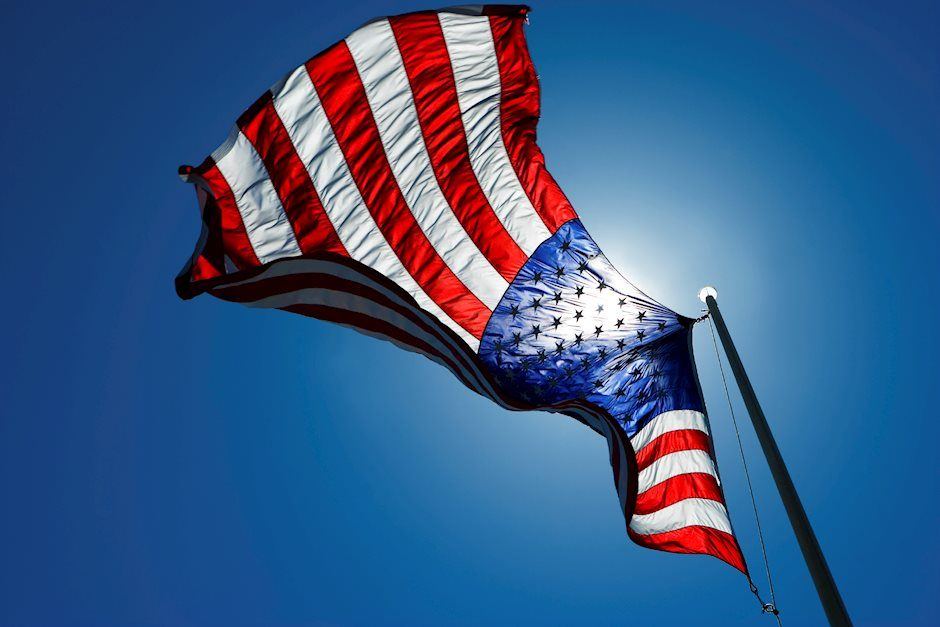The Tipping Economy

In this, my 50th year on the planet, I’m officially becoming a cranky old man.
As I sat in the Atlanta airport recently on a layover, I decided to grab a bite at Jersey Mike’s Sub Shop. When I swiped my card, the first screen asked if I’d like to add a tip to the total.
A tip? For what?
The young men and women behind the sneeze-guard glass were pleasant, but as far as I could tell they’d done nothing more than perform the service for which they were paid.
I ordered a sandwich. They made it. That was it.
The more I thought about it, I couldn’t think of a way that they might ever earn a tip. The goal of the place is to make sandwiches quickly and accurately. Making that happen is their job.
How could they go above and beyond? Maybe if I choked while eating and one of them leapt over the counter to perform the Heimlich maneuver, then I’d consider tipping (I’m not that cranky). But that’s not exactly the normal course of business.
This led me to a few other thoughts, and this writing.
Why are there tip jars at Starbucks? Don’t they get paid? And why are tips a percentage of the bill? Does it take more effort to pour a $200 bottle of wine than a $40 bottle? Why should I tip $30 on the first one, but only $6 on the second? Better yet, why am I tipping on that at all?
I recognize that many restaurants and bars pay employees a tipping wage. This includes a complicated formula for ensuring that employees make at least the minimum wage.
But there are thousands of other service jobs where tipping is becoming common. I don’t know why this is.
Are their employers a bunch of Scrooges who don’t pay enough and it’s up to generous-hearted patrons to make up the difference? Are we paying so that we get some level of service that other people won’t get?
As far as I can tell (and social experiments back this up), we tip because… everyone else does.
Bellmen, doormen, valets, the barista at Starbucks and the guy in the moving crew all are paid to do their jobs, and yet we typically feel compelled to supplement their income simply because other people do.
What’s worse, as employment law and workplace regulations improve to protect workers against abuse, we’ve steadily increased our tipping, not reduced it.
And this is completely on us as Americans. Even though the practice can be traced to Continental Europe in the 1800s, by and large other societies have phased it out over time.
But here we are, nudged by society – and the workers themselves – to add on a gratuity that feels more like an obligation.
At some level, I’d love to do away with the entire practice, and apparently some people agree.
Several restauranteurs in New York are experimenting with tip-free dining, although I think they are missing the point. The owner of Fedora, a trendy West Village spot, and several others did away with tips. But they also raised their prices 20%.
The idea was to keep server income the same. The restauranteurs were surprised when patrons reacted by ordering less expensive items, keeping their bills in line with their previous bills, before the tip was added.
It comes down to, “Who keeps the money?”
I don’t think the idea is that we should save diners and Starbucks drinkers the hassle of doing math. Instead, we should rethink the notion of paying people on a variable scale for a known amount of work (back to the two bottles of wine for different prices, or two different meals).
I wouldn’t pay people that way in my business, so why would I expect, and encourage, my customers to pay for things that way?
Whatever my cranky-old-man thoughts are on the subject, as a nation we’d better figure this one out.
We have the largest generation retiring en masse, modestly rising incomes, and a lot of new jobs created in the hospitality sector.
We’re quickly morphing into a nation of service workers looking to retirees for a tip. In a sense, it’s income redistribution through social protocol, instead of payment for services rendered.
That doesn’t sound American at all.
_________________
A MUST - How to trade President Donald Trump - Panel with Boris Schlossberg and Harry Dent. Register now here
Author

Dent Research Team of Analysts
Dent Research

















